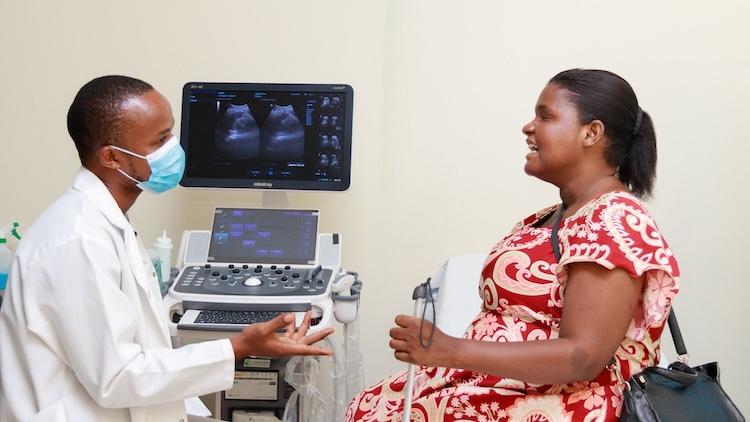By Jaya Ramachandran
GENEVA | 6 April 2024 (IDN) — The World Health Organization (WHO), a United Nations agency, has launched “My health, my right” campaign to champion the right to health of everyone, everywhere—urging an additional US$ 200–328 billion a year globally, to scale up primary health care in low- and middle-income countries.
Because of necessary funding, 42 countries representing all regions and income levels have succeeded in improving health service coverage and protection since 2000.
The right to health of everyone, everywhere campaign has been launched to mark World Health Day—celebrated every year since the global health body was established on 7 April 1948—to ensure universal access to quality health services, education, and information, as well as safe drinking water, clean air, good nutrition, quality housing, decent working and environmental conditions, and freedom from discrimination.
On this World Health Day and beyond, WHO is calling for governments to make meaningful investments to scale up primary health care, to ensure transparency and accountability, and to involve individuals and communities in decision-making around health meaningfully, recognizing the interdependence between the right to health and other fundamental rights, the campaign includes calls to action on finance, agriculture, environment, justice, transport, labour and social affairs.
Individuals, communities and civil society have long defended their right to health, improving access to healthcare services by breaking down barriers and advocating for equity. WHO urges the public to know, protect and promote their health rights, including safe and quality care, zero discrimination, privacy and confidentiality, information, bodily autonomy, and decision-making.
Political inaction
According to WHO, the core challenges consistently compromising the right to health are political inaction coupled with a lack of accountability and funding, compounded by intolerance, discrimination and stigma. People living in poverty, are displaced, are older or live with disabilities, are vulnerable, and face marginalization suffer the most.
The current crises are leading to especially egregious violations of this right. Conflicts are leaving trails of devastation, mental and physical distress, and death. In addition, “the burning of fossil fuels is simultaneously driving the climate crisis and violating our right to breathe clean air”. The climate crisis is causing extreme weather events that threaten health and well-being and strain access to services to meet basic needs.
While everyone deserves access to quality, timely and appropriate health services without discrimination or financial hardship, in 2021, 4.5 billion people, more than half of the world’s population, were not covered by essential health services, leaving them vulnerable to diseases and disasters. Even those who do access care often suffer economically for it, with about 2 billion people facing financial hardship due to health costs. This situation has been worsening for two decades.
The right to health
“Realizing the right to health requires governments to pass and implement laws, invest, address discrimination and be held accountable by their populations,” said WHO Director-General Dr Tedros Adhanom Ghebreyesus. “WHO is working with governments, partners and communities to ensure the highest attainable standard of health, as a fundamental right for all people, everywhere.”
The right to health is enshrined within the WHO Constitution, and at least 140 countries recognize the right to health in their national constitutions. However, recognition alone is insufficient, so WHO supports countries in legislating the right to health across sectors and integrating human rights into health policies and programmes. This support aims to make health services available, accessible and responsive to the needs of their populations and increase community participation in health decision-making. [IDN-InDepthNews]
Photo: Mariam, who has a vision impairment, consults with a radiographer during her routine antenatal visit at the Comprehensive Community Based Rehabilitation in Tanzania (CCBRT) Hospital’s Maternity Wing in Dar es Salaam. Credit: WHO / Mwesuwa Ramsey
IDN is the flagship agency of the Non-profit International Press Syndicate.


